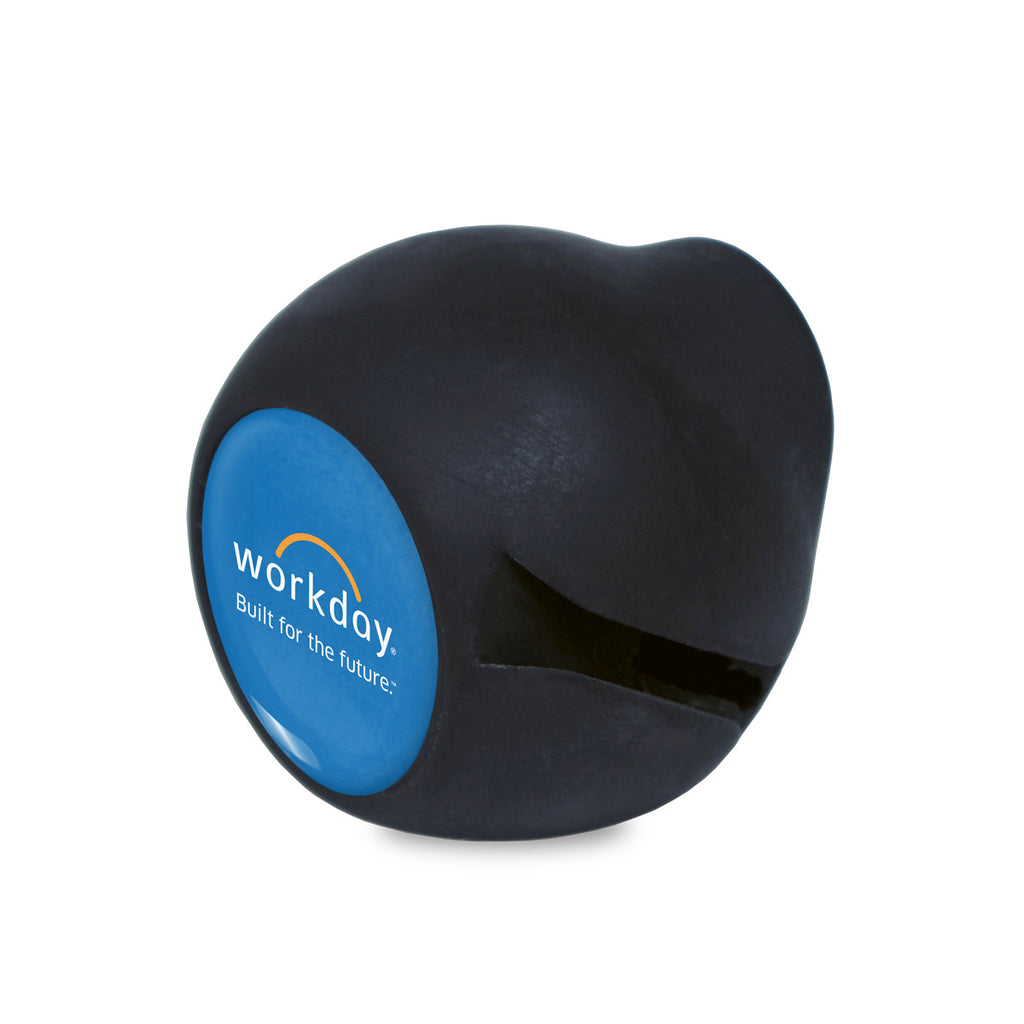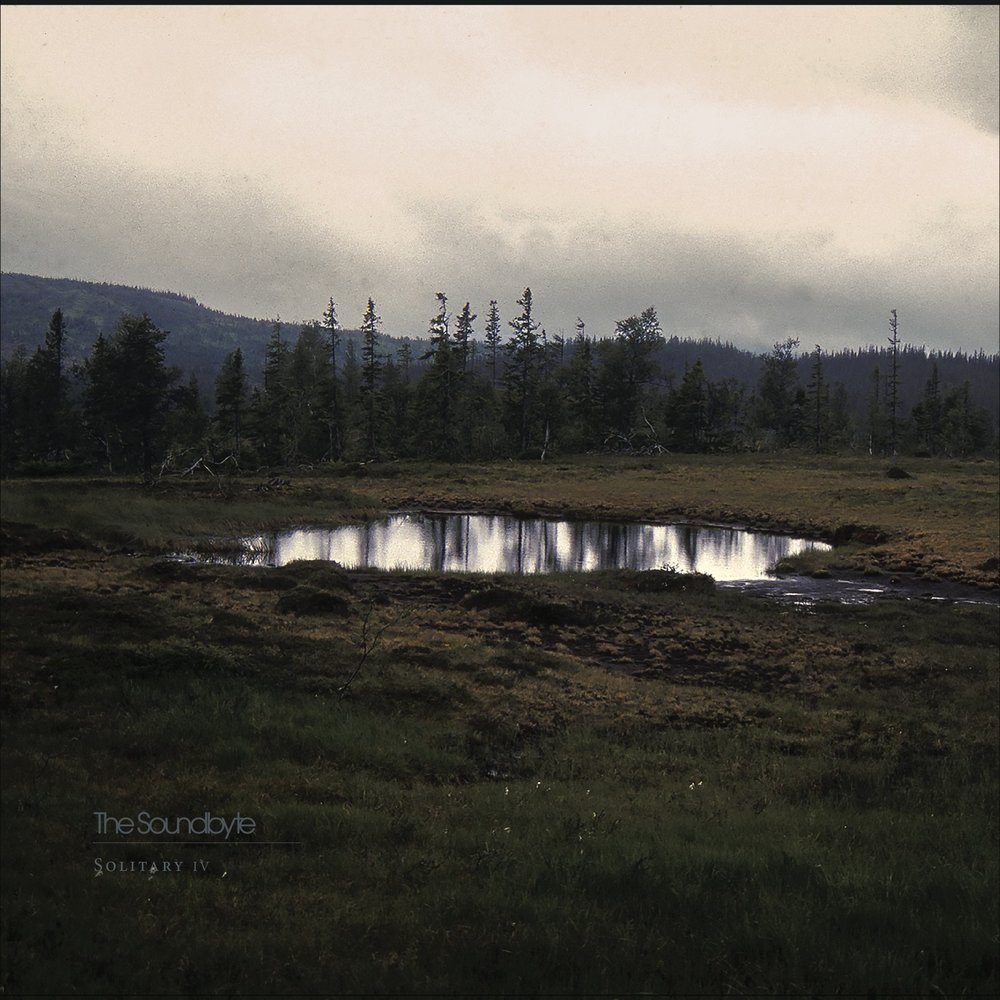

So right now there's two chickens laying. They typically sound like this.ĭOUCLEFF: But right around the time the chickens were 5 months old, all of a sudden, we started hearing another sound.ĭOUCLEFF: I thought, what on Earth are they trying to say? So one day when I heard this special sound, I ran over to the coop.Īmazing. And then.ĭOUCLEFF: For me, the most wondrous thing is the sounds the chickens make. MATEO: It's like every single one is different.ĭOUCLEFF: And what type of personalities? Give me an example. MATEO: They have, like, personalities all different. And he says even though chickens have tiny brains - like, the size of two peanuts. MATEO: It's actually mostly because they, like, try to get rid of mites.ĭOUCLEFF: That's Mateo (ph). ROSY: So they basically dig a hole, and then they rub their bodies in the dirt. But rather because these little critters are good for our mental health.ĭOUCLEFF: They give us a reason to go outside every morning and every evening. ROSY: So one of the chickens is stuck in the gate.ĭOUCLEFF: We got the chickens not so much for their food. Six months ago, we started raising a dozen chicks. And Baby and Yellow - those are the names of two.ĭOUCLEFF. On a Friday afternoon with a bunch of neighborhood kids.ĭOUCLEFF: That's my daughter Rosy and her friend Hayden (ph). To show you what I mean, I'm going to take you to my backyard.ĭOUCLEFF. And it's something we encounter all the time, but many of us know very little about it. In fact, I have a great example of this, something that's been bringing my family wonder every day.

If you stop and really look at it, you really try to understand how that petal is made, you may start to realize there's way more to this tiny thing than you previously had thought. So those things are physically vast, right? But you can also feel it with something conceptually vast, like a petal on a flower. But wonder can also be a response to something very small.ĭOUCLEFF: Exactly. So it can be something really vast, like the sky or the ocean. You know, and the classic example is looking up at the night sky and just feeling like, wow, that's so big, right?ĭOUCLEFF: But it's not just the night sky, you know? You can feel wonder even from a moving experience with another human being. And both of them are what you feel when you encounter something that is so vast, so extraordinary that you literally stop what you're doing and think, wow, what is this? You can't explain it entirely because it doesn't fit neatly into your knowledge for how the world works. And it's very similar to another emotion called awe. So just explain what wonder is.ĭOUCLEFF: On a basic level, it's what's called a positive emotion, meaning in general, it makes you feel better. KELLY: All right, so wonder - as I was preparing to talk to you, I was thinking, I know what wonder feels like when I feel it, but I'm not sure how we would actually define it for the purposes of this conversation.


MICHAELEEN DOUCLEFF, BYLINE: Hi, Mary Louise. And for our very first inaugural installment, I am joined by NPR health correspondent Michaeleen Doucleff.
#Soundbyte meaning how to
The story might trigger this emotion in you, or it may give you an idea for how to go find it in your own life. Each week we will bring you a short story somehow related to wonder.
#Soundbyte meaning series
So with this in mind, we at ALL THINGS CONSIDERED are launching a new series called Weekly Dose of Wonder. This is what scientists who study emotions are realizing - that more wonder can help our mental health and sense of well-being. Americans need to feel more wonder in their lives.


 0 kommentar(er)
0 kommentar(er)
